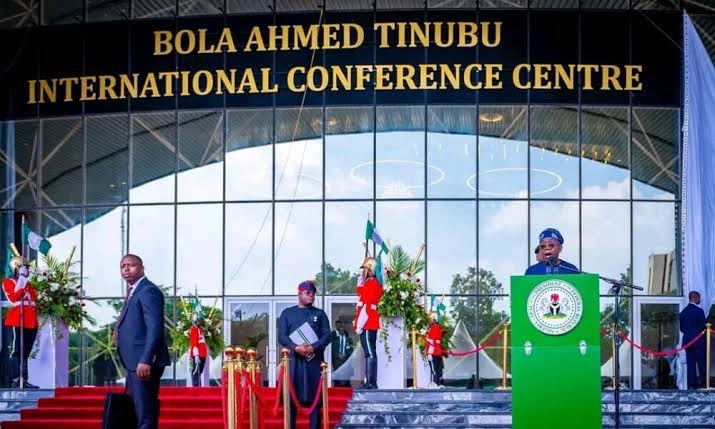China has announced the removal of all tariffs and quotas on imports from 53 African countries, including Nigeria, in a sweeping trade policy aimed at boosting African exports and reducing trade imbalances. This policy shift, unveiled on June 12, extends beyond least-developed countries to include middle-income economies like Nigeria, Kenya, Egypt, and South Africa. It is part of China’s broader effort to deepen economic ties with Africa under the Forum on China–Africa Cooperation (FOCAC).
Nigeria, as one of Africa’s largest economies, stands to benefit significantly from this decision. For years, the country has struggled with a trade imbalance heavily tilted in China’s favor. With duty-free access, Nigerian producers—especially in agriculture, textiles, and light manufacturing—could now tap into the vast Chinese consumer market, provided they meet China’s standards and regulatory requirements. The move could also boost employment and support export-driven small businesses, including women-led enterprises.
China’s new trade strategy signals a shift from heavy infrastructure investment to trade and industrial cooperation. At the 2024 FOCAC summit, China pledged billions in credit facilities and technical assistance to African countries to improve export competitiveness. This aligns with Beijing’s goal of fostering long-term, sustainable economic partnerships rather than one-sided trade flows.
However, the success of this opportunity depends on African countries’ readiness to scale up production and improve export quality. For Nigeria, investing in industrial capacity, logistics, and compliance with international standards will be crucial. The Nigerian government is expected to work closely with the private sector to develop export support programs that can help businesses take full advantage of China’s open market.





